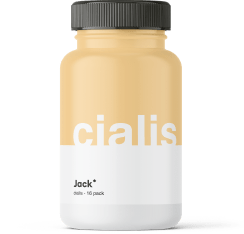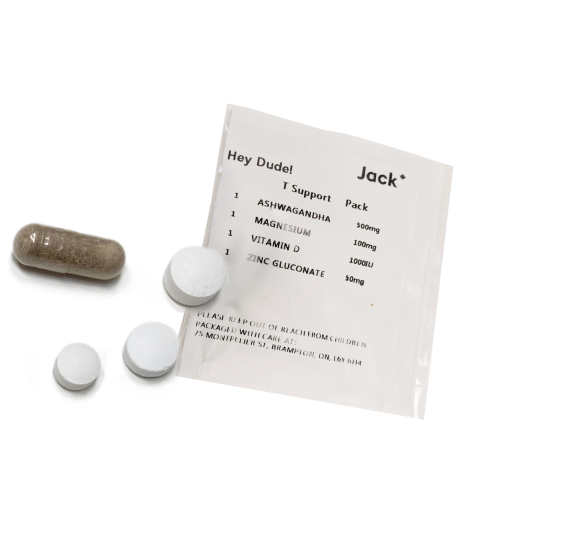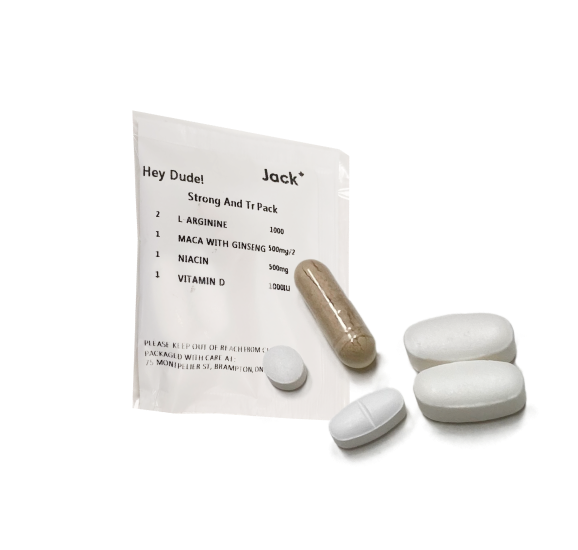Dulaglutide, marketed under the brand name Trulicity, has emerged as a significant player. In this comprehensive overview, we will delve into the brand identity of Dulaglutide, its therapeutic uses, and the potential side effects associated with its usage.
Understanding these aspects is crucial for patients and healthcare providers, as it informs treatment decisions and helps manage medication efficacy and safety profile expectations.
What is Dulaglutide (Trulicity)?
Trulicity, the commercial name for dulaglutide, is a GLP-1 receptor agonist medication approved in Canada on February 16th, 2016, Trulicity distinguishes itself from other GLP-1 receptor agonists, such as Bydureon, Byetta, Lyxumia, and Victoza, by requiring only a once-weekly injection.
To understand more about its availability and usage in Canada, read our detailed article on Trulicity in Canada.
While Trulicity is an effective alternative for some patients, other alternatives are also available. Discover more about these options in our article exploring Trulicity alternatives.
Mechanism of Action
Trulicity mimics the actions of GLP-1, a natural hormone
Drug Classificaiton
Trulicity is classified as a GLP-1 receptor agonist. This class of drugs is specifically designed to target the glucagon-like peptide-1 receptor,
What brand names are available for Trulicity (Duaglutide)?
Dulaglutide is sold and known globally as Trulicity. This brand identity has been carefully developed and trademarked to ensure its recognition in the medication market.
What are Dosages of Dulaglutide?
Dulaglutide is typically initiated at a dose of 0.75 mg injected subcutaneously once weekly, with the option to increase the dose. The maximum dosage is 4.5 mg once weekly.
This flexibility in dosing allows healthcare providers to tailor the treatment to individual patient needs, particularly in adults.The efficacy of Trulicity, along with its once-weekly administration, makes it a convenient and effective option for many patients.
Drug Forms and Strengths
Trulicity, scientifically known as dulaglutide, is offered in a user-friendly, pre-filled pen designed for subcutaneous injection. It is available in multiple strengths, allowing for individualized treatment plans.
The dosages include 0.75 mg, 1.5 mg, 3.0 mg, and 4.5 mg, each intended for once-weekly administration. This range of strengths facilitates precise dose adjustment to meet the varying needs of adults while maintaining patient comfort and convenience.
While considering Trulicity it’s important to be aware of its cost. For detailed information on the pricing of Trulicity, you can refer to our comprehensive guide on the price of Trulicity.
Side Effects Associated with Using Dulaglutide
Dulaglutide, as with some drugs, is generally well-tolerated but may cause side effects in some individuals. Common side effects include indigestion, which can manifest as discomfort or pain in the stomach area. Below are other common side effects of using Dulaglutide:
- Indigestion
- Severe Nausea or Vomiting
- Dizziness
- Dry Mouth
- Decreased Appetite
- General Feeling of Discomfort or Illness
What Other Drugs Interact with Dulaglutide?
Research has shown that Dulaglutide can interact with various drugs. Key interactions include:
- Insulin Secretagogues or Insulin
- Oral Diabetes Medications
- Other Medications
Insulin Secretagogues or Insulin
Patients taking Trulicity in combination with insulin secretagogues or insulin may experience an increased risk of hypoglycemia. Monitoring blood sugar levels closely and adjusting dosages as needed under a doctor’s guidance is vital.
Oral Medications
Trulicity can interact with other oral diabetes medications, so it’s essential to discuss all current medicines with a healthcare provider to identify any potential interactions and adjust the treatment plan accordingly.
Patients should inform their healthcare providers about their medications to manage potential interactions effectively and optimize their diabetes treatment plan.
Trulicity (Dulaglutide) Generic or Biosimilar?
Currently, no generic version or biosimilar form of Trulicity (dulaglutide) is available in the market.
This situation is typically due to patent protections that maintain the exclusivity of the original manufacturer’s product. Developing a generic or biosimilar version of Trulicity would necessitate the expiration of these patents, followed by a thorough approval process by the FDA.
Currently, patients and healthcare providers should rely on the branded Trulicity product
Is there a Generic Name for Trulicity (Dulaglutide)?
Currently, no generic version of Trulicity is available on the market. The proprietary formula and branding of Trulicity are protected, which means patients and healthcare providers should look for the specific brand when considering treatment options.
Key Takeaways
- Versatile Treatment Option: Trulicity (dulaglutide) is an effective GLP-1 receptor agonist. Its once-weekly injection schedule, makes it a convenient and popular choice for patients.
- Awareness of Side Effects and Interactions: While generally well-tolerated, Trulicity can cause side effects like indigestion, nausea, and dizziness. It’s important for patients to be aware of these potential reactions and discuss them with their healthcare provider. Additionally, Trulicity can interact with diabetes medications, such as insulin and oral antidiabetics, necessitating careful management of treatment plans.
- No Generic or Biosimilar Versions Available: Currently, there are no generic or biosimilar versions of Trulicity on the market. This exclusivity is due to patent protections, and any future development of generic or biosimilar forms would require the expiration of these patents and subsequent FDA approval. Patients and healthcare providers must therefore rely on the branded product for treatment.
Frequently Asked Questions
Is Trulicity a Type of Insulin?
Trulicity (dulaglutide) is not a type of insulin. Instead, it is classified as a GLP-1 receptor agonist. Unlike insulin, which directly lowers blood sugar by facilitating its uptake into cells, Trulicity mimics the action of the naturally occurring hormone GLP-1. This mechanism stimulates insulin production in a glucose-dependent manner, decreases glucagon secretion, and slows gastric emptying, thereby helping to regulate blood sugar levels in adults with Type 2 diabetes.
Do I Need a Prescription for Trulicity (Dulaglutide)?
Yes, Trulicity (dulaglutide) is a prescription medication. It must be prescribed by a healthcare provider. The prescription ensures that Trulicity is used appropriately and safely, considering the patient’s medical history, current condition, and potential interactions with other medications.
When Will There Be a Generic for Trulicity (Dulaglutide)?
Currently, there is no generic version of Trulicity available. Patients and healthcare providers should keep an eye on updates from the FDA and pharmaceutical companies for any changes in the market status of Trulicity.
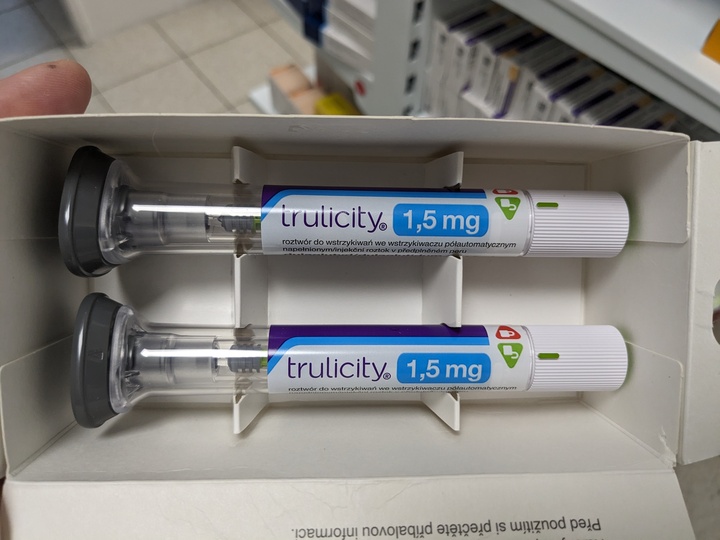




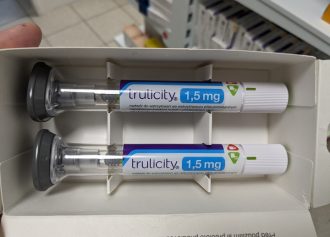







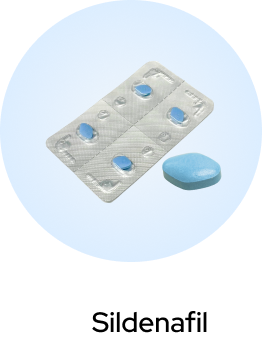
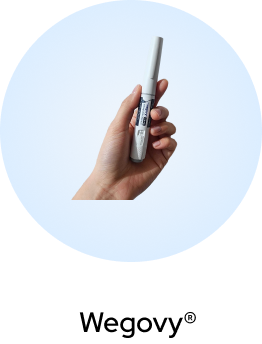
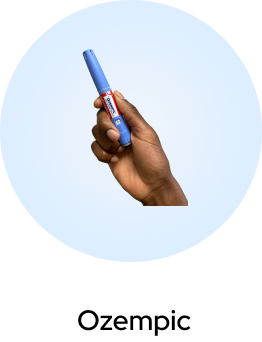


 (US)
(US)